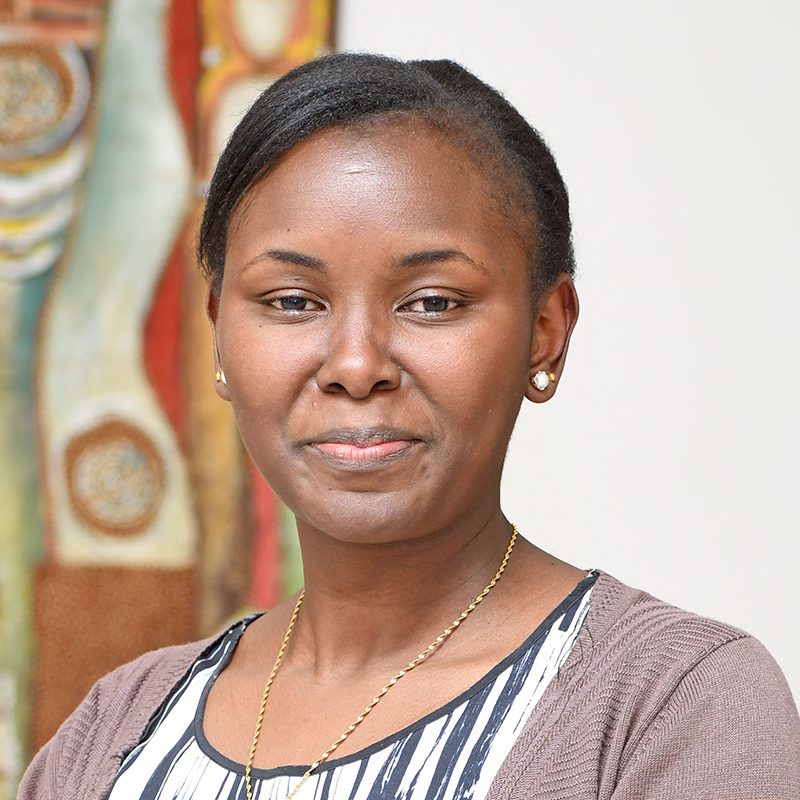The world healthcare landscape today is at a critical juncture, reflecting on the lessons learned from the profound disruptions caused by the COVID-19 pandemic and grappling with the persistent challenges that shape the landscape of global health. The pandemic, which emerged as an unprecedented crisis, not only tested the resilience of healthcare systems worldwide but also laid bare deep-seated inequities in access to healthcare and the profound impact of social determinants on health outcomes.
Moreover, the recent years have seen unprecedented health crises, from the COVID-19 pandemic to the resurgence of age-old diseases due to various factors like antimicrobial resistance and climate change. These challenges have highlighted the importance of robust healthcare systems, effective disease surveillance, and international cooperation in safeguarding public health.
As nations continue to navigate the complexities of vaccination campaigns, economic recovery, and the threat of emerging variants, the imperative to strengthen healthcare infrastructure, enhance preparedness for future health crises, and address systemic barriers to health equity has never been more urgent.
The World Health Day, celebrated on the 7th April every year, 2024 serves as a reminder of the interconnectedness of health with broader societal, economic, and environmental factors, calling for renewed commitment and collective action to build a healthier and more resilient world for all. This day seeks to raise awareness about global health issues, highlighting the importance of well-being for all.
This year’s theme is My Health My Right, raised awareness on the increased health disparities globally and how organizations, governments and individuals alike can play their part in addressing inequalities in health. Health disparities persist both within and between countries, with marginalized communities bearing the brunt of poor health outcomes. Access to essential healthcare services, including maternal and child health, remains a concern in many parts of the world. Additionally, non-communicable diseases such as diabetes, cardiovascular diseases, and mental health disorders continue to pose a significant burden on global health.
Addressing these challenges requires a multifaceted approach that prioritizes equity, sustainability, and innovation. Governments, international organizations, civil society, and the private sector must collaborate to ensure universal access to quality healthcare services, promote health education and awareness, and invest in research and development to tackle emerging health threats.
Furthermore, achieving global health goals necessitates addressing the social determinants of health, such as poverty, education, gender equality, and environmental factors. By adopting a holistic approach that addresses the underlying drivers of poor health, we can create healthier and more resilient communities worldwide.
By fostering solidarity, embracing innovation, and taking collective action, we can build a healthier, more equitable future for generations to come. As individuals, we can also contribute by adopting healthy lifestyle choices, advocating for healthcare access, and supporting initiatives that promote health and wellness in our communities.
Article by Juliet Hinga
Share This Story, Choose Your Platform!
Your journey to business excellence starts here. Subscribe today and be at the forefront of innovation and leadership.









